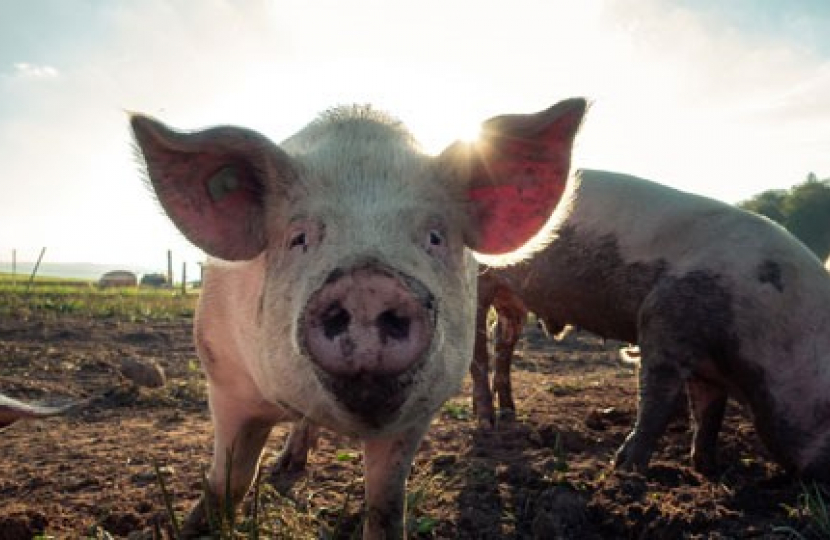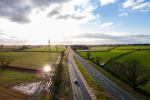
The Environment, Food and Rural Affairs (EFRA) Committee is embarking on a new inquiry, Food Security, in response to pressures facing food producers and rising food prices. The inquiry will also consider the government’s food strategy, launched in a policy paper in June 2022, and the UK’s level of food self-sufficiency.
The inquiry will look at the key factors currently affecting the availability of food – such as the continuing impacts of the Covid-19 pandemic and the war in Ukraine - and the outlook for food inflation.
The Institute of Grocery Distribution, a trade body, predicts that food inflation will hit 15% in the coming months and the Bank of England says the supply disruption factors could last into 2023.
The Committee is also asking how the pressures on supply and food inflation are affecting consumers’ access to healthy and nutritious food as well as their impact on businesses.
It will examine whether the Government’s proposals in its recent food strategy paper will affect resilience in the food supply chain, improve access to good quality food, and support farmers, fishers and food producers.
The Committee will also consider if the UK’s current level of food self-sufficiency remains appropriate, and how the Government’s forthcoming land use strategy should strike the right balance between food production and other goals.
The Chair of the EFRA Committee, Sir Robert Goodwill, said:
“There are few things more important than the food we eat – where it comes from, its quality and its price.
Our food producers are facing extremely challenging times – with rising energy and fertiliser prices as well as the war in Ukraine. These pressures are now also being felt by consumers. The government is not responsible for all the problems facing food supply chains but it is essential it does all it can to help manage these pressures as it implements its new food strategy. About three quarters of the types of food we can produce in this country are supplied by our own farmers, producers and growers. We want to start a debate about whether that’s the right level and what that means for how we use our land and the priority we put on food production”.

